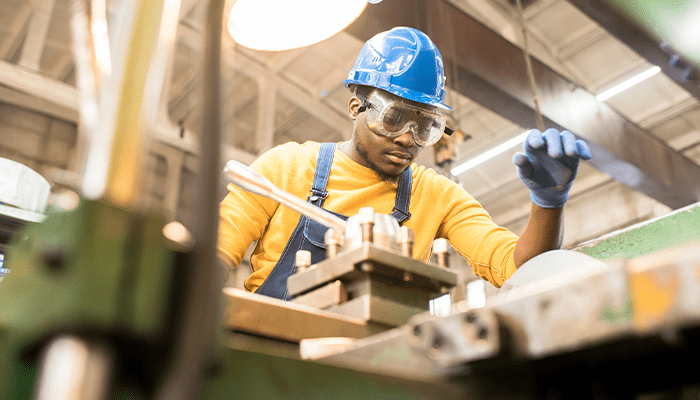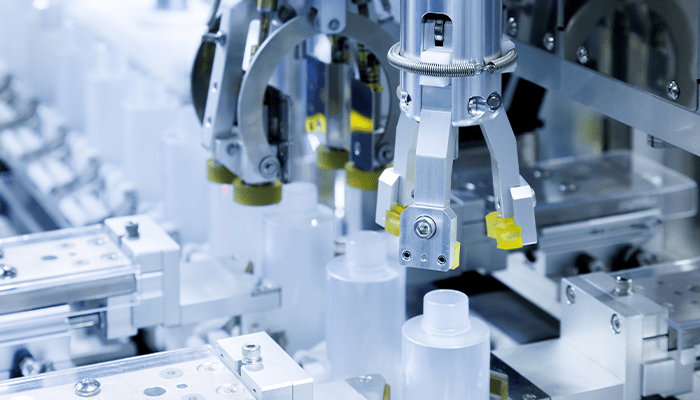
What is the Manufacturing Skills Gap?
The manufacturing skills gap has been a topic for several years and that gap continues to expand. What is the manufacturing skills gap? The skills gap refers to the disconnect between the skills and knowledge that employers in the manufacturing industry require, and the skills possessed by the current workforce. The gap is created by several factors, including:
-
- An aging workforce
- Advances in technology
- Population growth is decreasing causing more competition for the available workforce
- Manufacturing is not often thought of as a career path
- Changes in the nature of manufacturing jobs.
As older workers retire, they take their skills and knowledge with them, leaving a gap that is difficult to fill. At the same time, advances in technology have created a demand for workers with skills in areas such as robotics, automation, and data analysis. However, many workers lack the necessary training to work with these technologies. Manufacturing companies are also less likely to invest training dollars into workers who are nearing the retirement age leaving positions requiring advanced skills not being filled by the current workforce and the younger population less interested in manufacturing as a career pathway.
Another factor contributing to the skills gap is the changing nature of manufacturing jobs. Today's manufacturing jobs require workers who are adaptable, flexible, and possess a broad range of skills. This includes skills in areas such as problem-solving, teamwork, and communication.
To address the manufacturing skills gap, employers and educational institutions are taking steps to provide training and education to workers in areas such as advanced manufacturing, automation, and data analysis. This includes partnerships between employers and educational institutions to provide apprenticeships, internships, and other forms of training to help workers acquire the skills they need to succeed in today's manufacturing industry.
Why should we be concerned about the skills gap? It has become apparent that the United States has, over time, lost a large amount of manufacturing to other countries. The loss of those sectors within the industry were brought to light by recent world events. It’s a deficit to produce critical items needed for the manufacturing of a variety of goods with many raw material supplies “cut-off”, or greatly reduced, over the past several years. This was most recently seen with electronic components.
Manufacturing companies were already strained to keep up with demand, and the shortage of an available workforce has pushed the industry to adopt more technology to lessen the need for the workforce the was no longer available. The increase in technology changed the need from an available workforce towards a new need, an upskilled available workforce. These changes present a risk to the industry in their ability to grow and meet the new demands, but in many cases to also sustain their current levels of production.
Where does the manufacturing industry go from here? Manufacturers need to expand their ability to train employees in new skills, “market” the jobs to newer generations as a career pathway, and find ways to be more “creative” to meet the new workforce’s needs in areas such as flexible hours and greater advancement potential. The manufacturing industry is at cross-roads, and the AssuredPartners Manufacturing team is ready to help your organization face these challenges head on. Contact us today to learn more.
Featured News & Insights

The manufacturing industry is changing fast. With record-breaking investments in new facilities, cutting-edge technology, and a push for smarter, more sustainable operations, there’s a lot to be...

Manufacturing is a cornerstone of the global economy, encompassing industries that transform raw materials into finished goods. From automotive and aerospace to electronics and consumer products, the...

A recent Forbes story on key topics for manufacturers going into 2025 mentioned several, but the overall theme was the advancement of AI technologies in the manufacturing industry. Following is a...